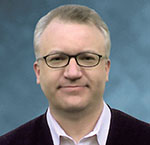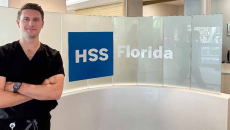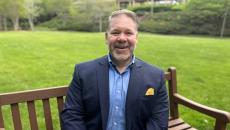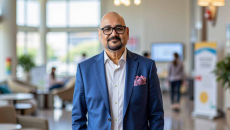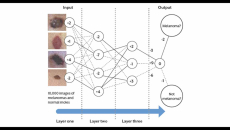Bill Siwicki
The technology it's using to reach patients has not only improved clinical outcomes but is also providing tangible financial benefits, while ensuring patients can easily access the care they need.
Compared with patients not using virtual care, patients using telehealth for knee replacement rehabilitation recover faster, report significantly less pain, show greater improvements in range of motion – and incur $2,460 less in total care costs.
The health system's cloud migration team took learnings from the effort and spun them out into OptaFi, which offers best practices and technical capabilities for moving Epic EHR workloads from on-premise to the cloud. Sentara's CTO gives an inside look.
They see artificial intelligence as a core enabler of financial performance and patient-centric care, a new survey shows, and also expect it to become fundamental to how health systems think about care quality, patient outcomes and market competitiveness.
The Indiana health system has seen an 86% drop in time to complete notes, with after-hours documentation time plunging by 34%. And documentation turnaround has improved by 87%. Says one provider: "I was sold after just one patient. It was such a relief."
These networks started impacting healthcare in the last 20 years, but it's only today that reliable prospective studies are convincing clinicians to use these artificial intelligence tools in their daily work. A Mayo Clinic researcher offers some insights into their applications and use.
The qualified health information network has shrunk the time it takes for providers to access patient data from hours to seconds. Its query volume has grown from about 200,000 to more than 66 million in one year.
The Montreal health system is focused on helping its leaders drive care transformation and giving them the tools to do so. Access to data is essential, and self-service analytics are key to that goal.
Remote Patient Monitoring
Reimbursement will make a big difference, "because it not only pays providers for performing these services but it's yet another recognition of the value" of remote patient monitoring, says the VP of nursing and care delivery at Brook Health.
Kevin Olson, who strives to make his Epic electronic health record meet the needs of his hospital staff, talks about training, physician alignment, usability testing and other best practices.
